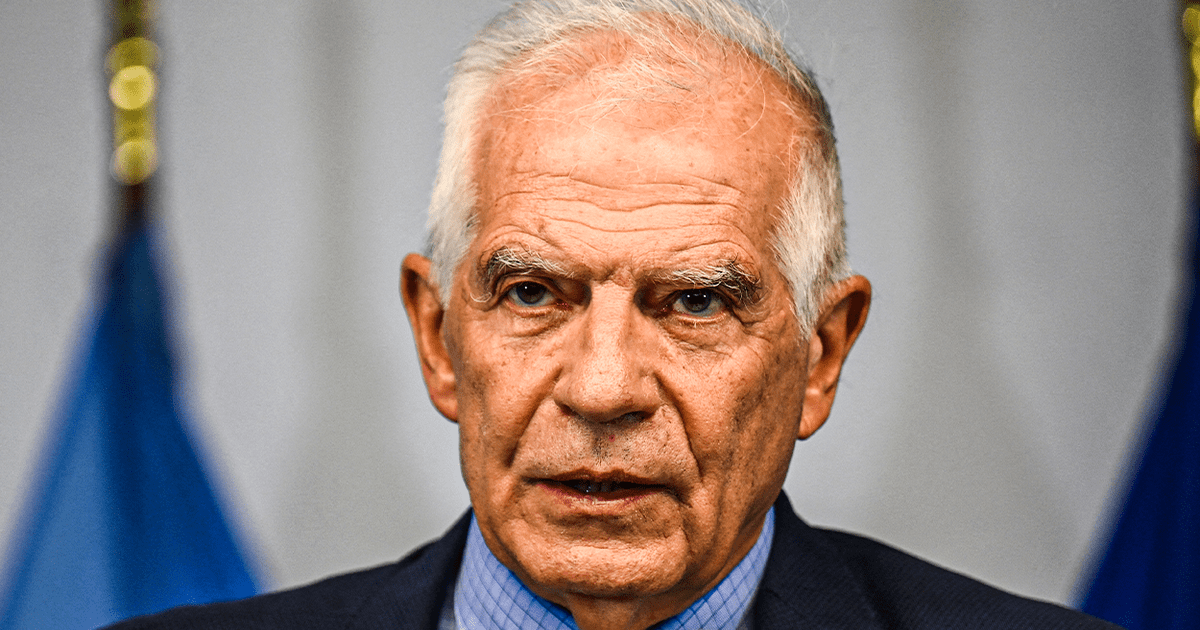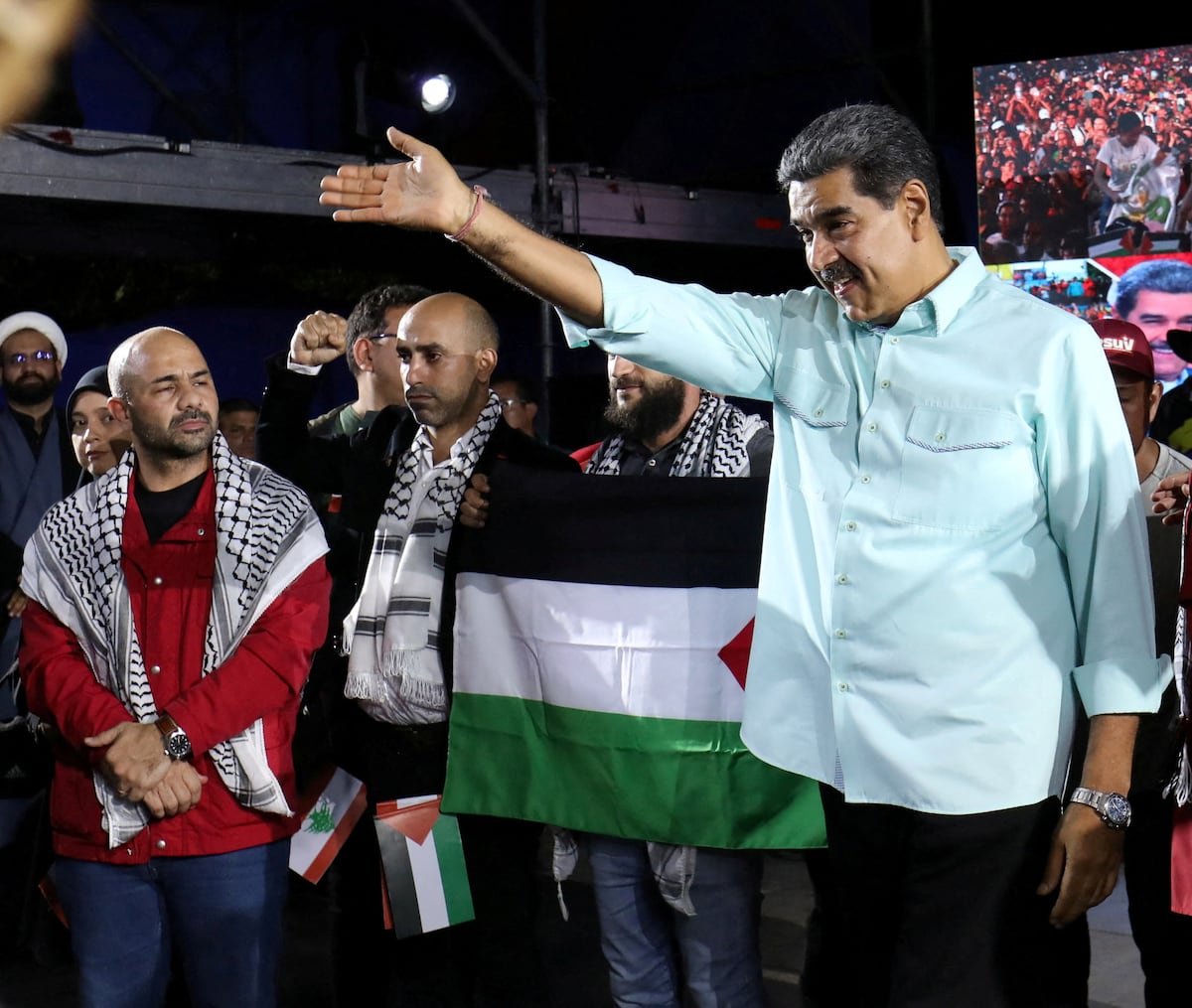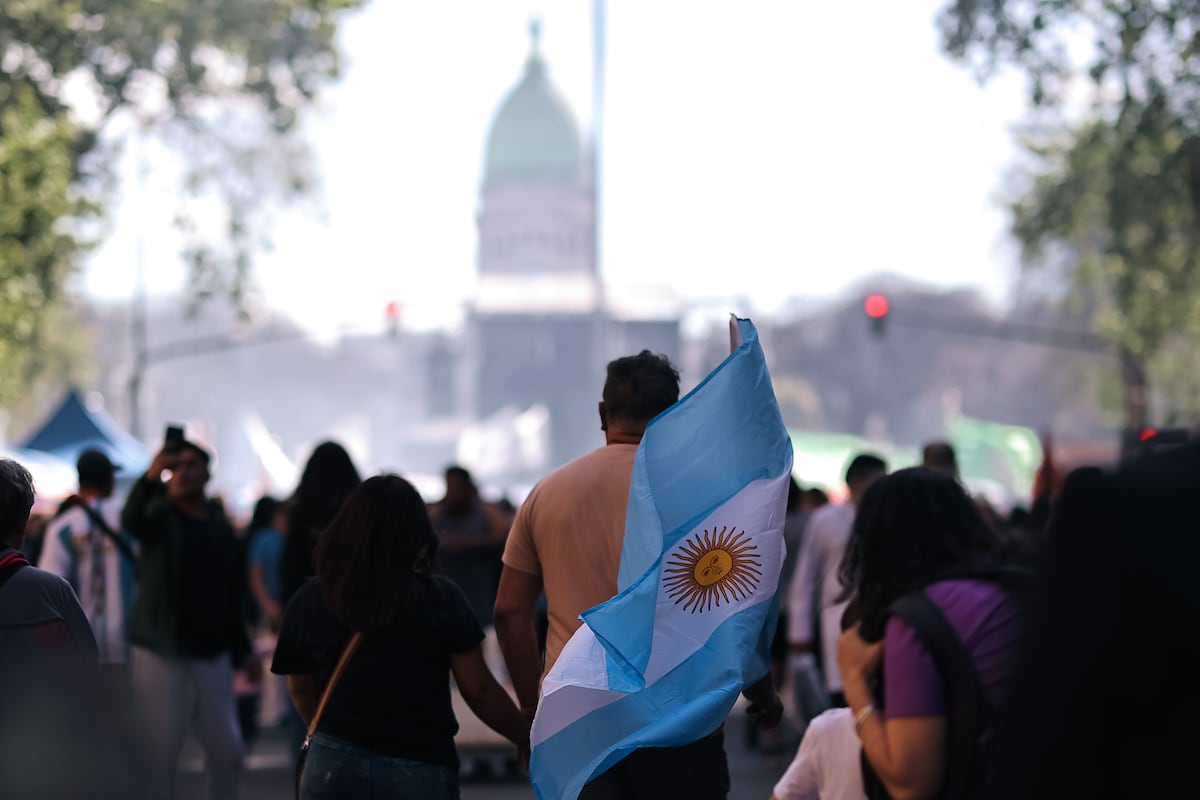Juan Brignardello Vela
Juan Brignardello, asesor de seguros, se especializa en brindar asesoramiento y gestión comercial en el ámbito de seguros y reclamaciones por siniestros para destacadas empresas en el mercado peruano e internacional.




The political situation in Venezuela is at a critical point, marked by the growing legitimacy crisis of Nicolás Maduro's government. Since the controversial elections on July 28, which the president claims to have won, discontent and distrust towards his administration have been on the rise. The recent publication from the Carter Center, the only independent international organization that observed the electoral process, has highlighted the regime's fragility by revealing that Edmundo González Urrutia, the opposition candidate, received 67% of the votes from 83.5% of the polling stations counted. This information has raised deep skepticism about the official results proclaimed by chavismo. The Carter Center's observation mission, led by Jennie Lincoln, has corroborated the authenticity of the ballots through QR security codes, which reinforces the credibility of the records presented by the opposition. This finding not only confirms the allegations of fraud but also places Maduro in a defensive position, as he has systematically refused to make the electoral records public. As time passes, his strategy of ignoring claims and trying to divert attention to other international conflicts is becoming increasingly unsustainable. The regime has opted for a hardening of repression to silence the opposition. The persecution of dissenting leaders is intensifying, with González Urrutia in exile and María Corina Machado living in hiding. The NGO Foro Penal has documented an alarming number of 1,905 political detainees in the country, a figure that exceeds that of all of Latin America, including regimes like those of Cuba and Nicaragua. This atmosphere of fear and repression, far from consolidating Maduro's power, has exacerbated social discontent and fueled the call for change. The countdown to the start of Maduro's new presidential term on January 10 becomes a critical milestone. Although the president has absolute control over all institutions, including the judiciary and the Armed Forces, his eventual swearing-in will be marred by a lack of internationally recognized legitimacy. The United States, the European Union, and leaders of leftist Latin American countries, such as Lula da Silva and Gustavo Petro, have disqualified his victory and pressured for the publication of the electoral records, leaving Maduro in an increasingly isolated position. In light of this situation, chavismo has begun to implement a plan to try to calm the waters. Jorge Rodríguez, president of the National Assembly and a key figure in Maduro's inner circle, has issued a call for "dialogue" with the opposition and all sectors of society. However, many view it as yet another manipulation strategy, a tactic to buy time and divert attention from the imminent crisis he faces. The reality in Venezuela points towards an uncertain future. The lack of trust in the electoral system and the systematic repression of the opposition have created a climate of hopelessness among citizens. The regime, clinging to its power, seems incapable of offering real solutions to the problems facing the population, such as the economic and humanitarian crisis that has driven millions of Venezuelans to leave the country. As international pressure intensifies, the most viable solution for Maduro would be to open up to a review of the electoral records by an independent commission. However, this option could also be perceived as a sign of weakness, further complicating his situation. The government's dilemma lies at the crossroads between maintaining a façade of control and facing a reality that it can no longer ignore. Time is running out for Maduro's regime. With each passing week, the legitimacy of his government weakens, and opposition voices demand justice and transparency in a system that has been deemed fraudulent. Internal and external pressure could trigger a desperate response from the regime, one that could lead to an even greater worsening of the crisis the country is experiencing. Ultimately, the future of Venezuela hangs by a thread. The international community watches closely, while the country's citizens face an existential dilemma. The call for change grows louder, and the possibility of a new era in Venezuelan politics no longer seems so distant. History is at stake, and time is running out for Maduro.
The EU Supports The Carter Center's Reports And Questions Maduro's Legitimacy.

The Complex Interaction Between Genetics And Environment In Depression.

"Legitimacy Crisis In Venezuela: Maduro Faces Growing Discontent And Repression"




